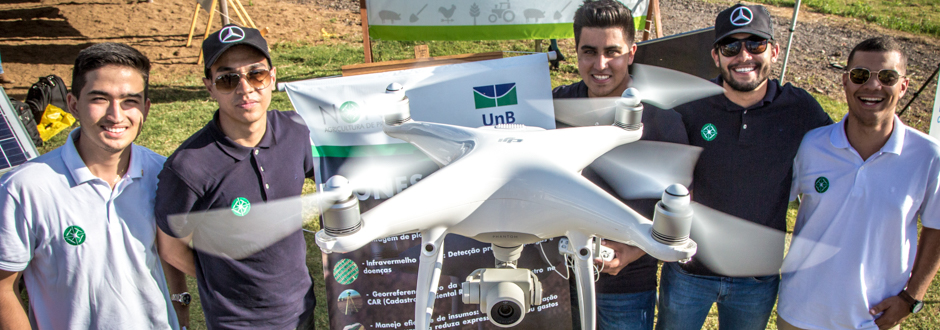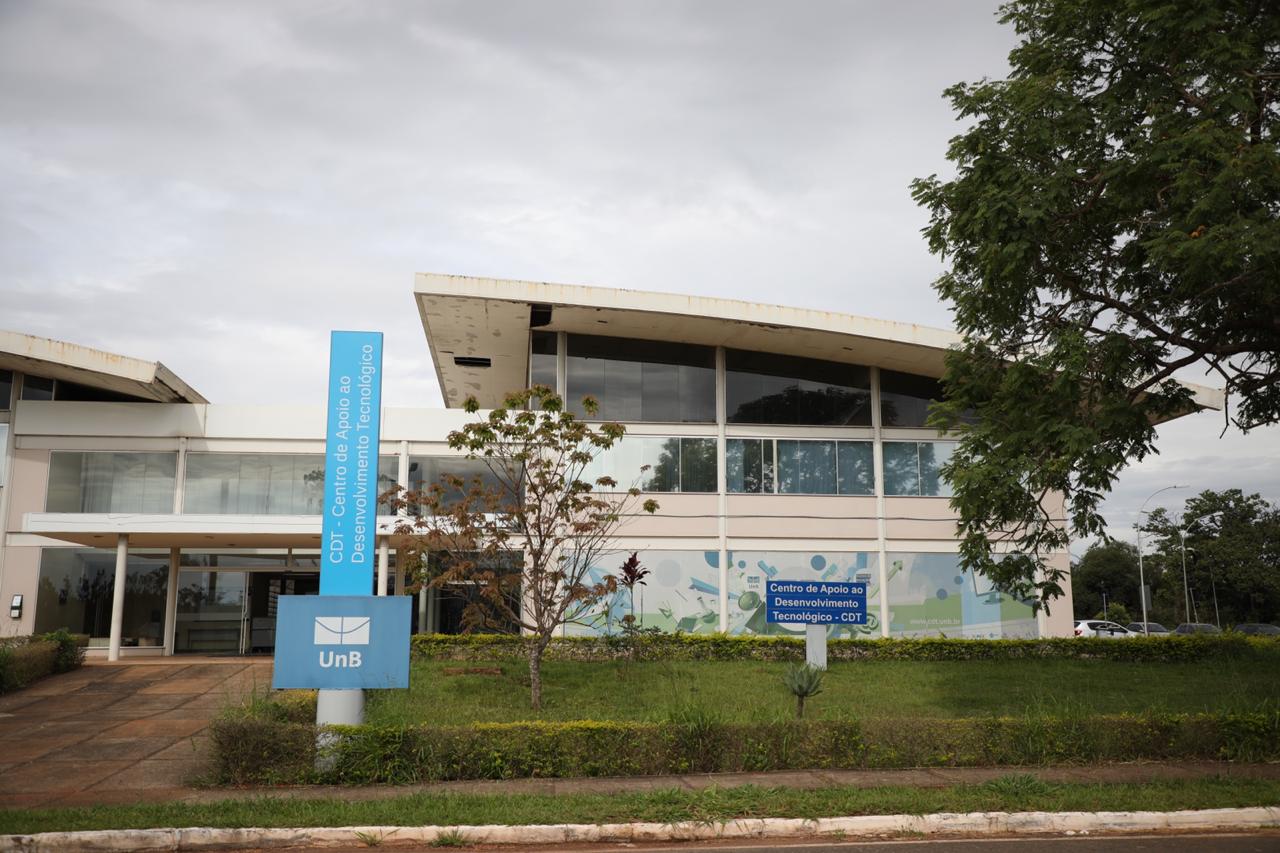Research and Innovation
UnB has a wide range of highly skilled researchers responsible for a varied portfolio of projects in the exact sciences, life sciences, social sciences, and humanities. The creation of the new Research and Innovation Division,to coordinate and promote the different agents and actions involved, has been important for strengthening this area, helping to align existing initiatives and integrate new contributions regarding research and innovation in the university.
UnB is stimulating and strongly supporting the research–development–innovation triad. For decades, the university’s Innovation Agency has had a key role in developing entrepreneurship and innovation through national and international partnerships. The Science and Technology Park is being modernized in line with its strategic role in the development of technology-intensive products and services deriving from academic research and in partnership with the private sector and government entities from Brazil and elsewhere, with the overall goal of fostering socioeconomic development and strengthening research, development, and innovation infrastructure. The coordinated work of the Technology Development Center, the Science and Technology Park, and different academic departments is important for the development of infrastructure for the production of knowledge and for creating an environment that is propitious for linking up basic and applied research, promoting technology transfer, and boosting Brazil’s participation in the global knowledge economy.
UnB has outstanding scientific indicators, reinforcing its position as a bona fide member of the international academic community. In the last five years, 3,558 research projects were undertaken at UnB, generating opportunities for scientific exchange and participation in international networks. The university also stands out for its scholarly output. Twenty percent of its faculty members have research grants, which is indicative of their level of expertise. From 2013 through 2017, UnB professors authored 15,578 articles in academic journals, over half of which from overseas (54%) and almost a third of which (28%) in the top two tiers of publications, as established by the Scopus, Web of Science, and Scielo databases.
UnB has over 500 research groups in the Research Groups Registry (http://lattes.cnpq.br/web/dgp) of the CNPq (Brazilian Science and Technology Graduate Education and Research Agency), some of which have international members. Around 60% of the university’s faculty have research projects linked to these groups. Strategic and multidisciplinary research themes consider the UnB expertise and the global context. These and other themes are supported by more of 500 research groups in the university.
STRATEGIC RESEARCH THEMES
INNOVATION
The Technology Development Center (UnB's Innovation Agency) activities cover mainly four areas (http://cdt.unb.br/en/):
- Education, Research and Entrepreneurship diffusion, by mean of two initiatives: a) Junior Company Program, to support creation and development of junior companies; b) Entrepreneur’s School, a program to encourage the entrepreneurial culture into the academic context and business environment;
- Trade and exchange of technologies: a) Intellectual Property Office, responsible for the protection and management of technologies developed by the academic community. It has protected 466 intangible assets. Currently, the University of Brasilia has 236 national and international patent applications under analysis, 38 granted patents (17 national and 21 international), 115 software registrations, 28 industrial design registrations, 70 trademark registrations and 16 protections by cultivars; b) Technology Trading’s Agency: the agency has already transferred 100 technologies to private and public sectors, including 74 patents from in house researchers.
- New business development, mainly by startups multi-incubation process: a) Technology-based company incubator: to support entrepreneurs to develop a project and create a business; b) Social Technology Incubator: to develop social entrepreneurship by stimulating the entrepreneurial and innovative culture of the community. To date, 170 companies were incubated and 70 graduated in the UnB Multi-incubator.
Science and Technology Park (PCTec)
The Science and Technology Park of the University of Brasilia (www.pctec.unb.br) was created in 2007 and became a complementary agency of the university in 2018. The agency targets developing the regional innovation ecosystem by creating partnerships, policies and serving as a bridge between the external institutions and the university’s laboratories, for providing scientific and technological services. In particular, the agency works on the following actions:
- Attract Investments for the University on the technological innovation context,
- Create opportunities for new research projects between the University and Enterprises;
- Establish partnerships with institutions focused on Research and Innovation;
- Contribute to the economy of the Brasilia region;
- Transform the results from Research into products, processes and technological services;
- Support partnerships between UnB and public and private organizations involved in research, social development, and technological innovation;
- Provide trainee opportunities for UnB students, as well as facilitate their insertion in the labor market; and
- Support business development and management of PCTec/UnB companies.




